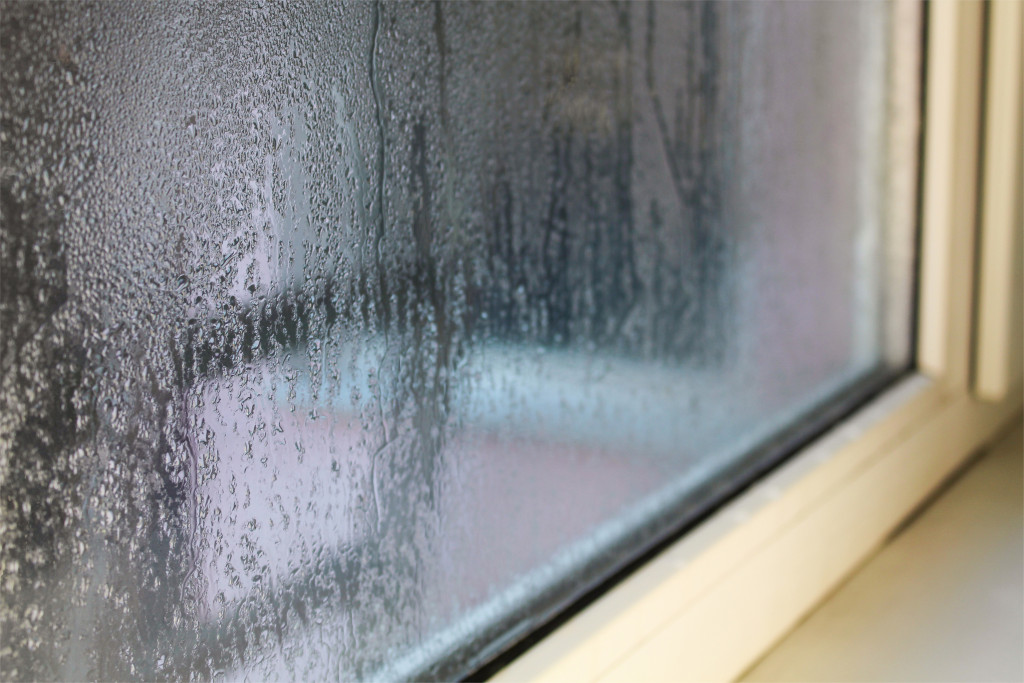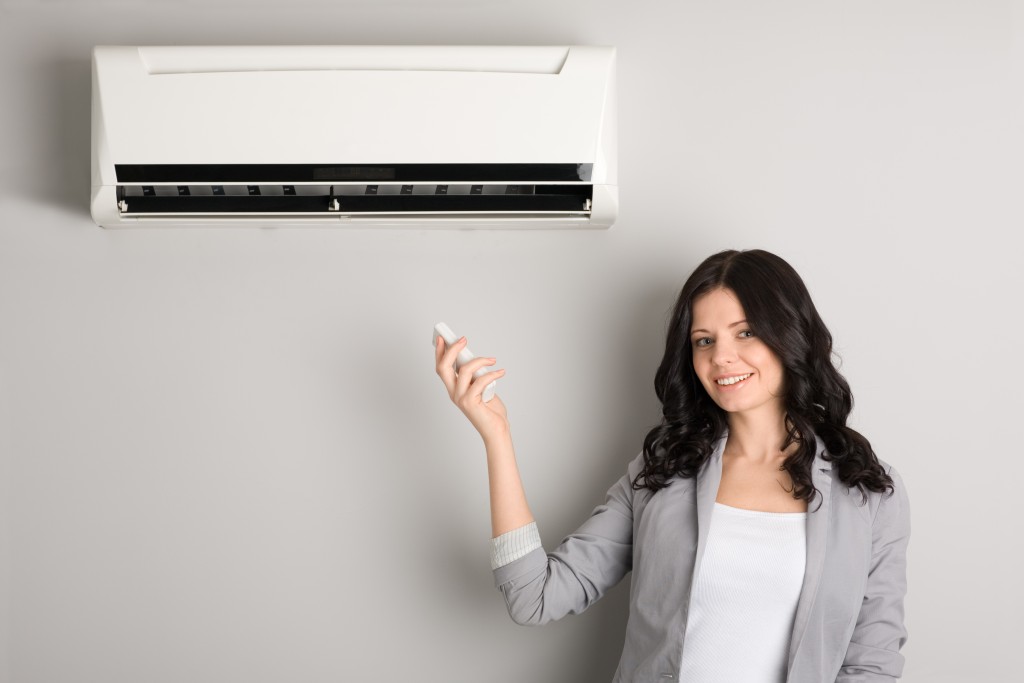The quality of air inside our house affects our health in different ways. If indoor air quality is good, then we can breathe in a clean and safe atmosphere, which is suitable for our respiratory system, circulatory system, and other body systems. If it’s terrible, we might suffer from a variety of health problems, some of which can cause irreversible damage or even death.
To learn how you can improve indoor air quality at home, you need to know what makes it worse. You should identify these causes and find ways to avoid them. Here are some of them:
Allergens
Allergens are the tiny particles in the air that can enter our body through our nose, mouth, and other openings, and cause allergic reactions and severe health problems. These include mold spores, pollen from indoor and outdoor plants, dust, and asbestos fibers (if your house was built using construction materials that have asbestos).
Among the common effects of exposure to allergens are allergic rhinitis, sore throat, asthma, and skin rashes. In severe cases, allergens can cause respiratory diseases, including lung cancer. Frequent sneezing and chronic cough are among the symptoms that determine the presence of allergens inside your house.
Cleanliness is key to preventing allergens from harming you and your family. Make sure all the surfaces are free from dust, pet dander, and other allergens. A vacuum cleaner can be of great help if you want to prevent allergic reactions and other health problems. Regular air duct cleaning service is essential to remove dust and other allergens from your ducts.
Humidity

The humidity level inside your house should not be too high nor too low. Either way, your family’s health could be compromised. The ideal level is around 45%. Anything lower than 30% is too dry and 50% humidity is too high. A musty odor, moist air, mold infestation, and fogging on glass windows are signs of high humidity levels at home. The use of a dehumidifier or exhaust fan can help lower the humidity levels.
Cracking paint and increased instances of static electricity could mean you have very low humidity levels. Low humidity can also cause dry skin, respiratory diseases, and an increase in the number of germs and viruses at home. Investing in a humidifier is an effective solution.
Ventilation and Insulation
Proper ventilation is vital to allow air to circulate throughout the house. There should be enough windows and doors so that fresh air can come in and carbon dioxide can exit. Cooling fans and exhaust fans are also helpful.
A sound insulation system helps maintain a safe, healthy, and comfortable atmosphere inside the house. If you have a heating and cooling system, the insulation will help it work efficiently. You can control the indoor temperature and stay comfortable throughout the year. To maximize the benefits, choose an air conditioning system that has an air filter.
Your family’s health depends on a variety of factors, including indoor air quality. Protect your loved ones by learning how to fix the problems that affect the quality of the air you breathe at home. Hire a professional if you need more information and guidance.




